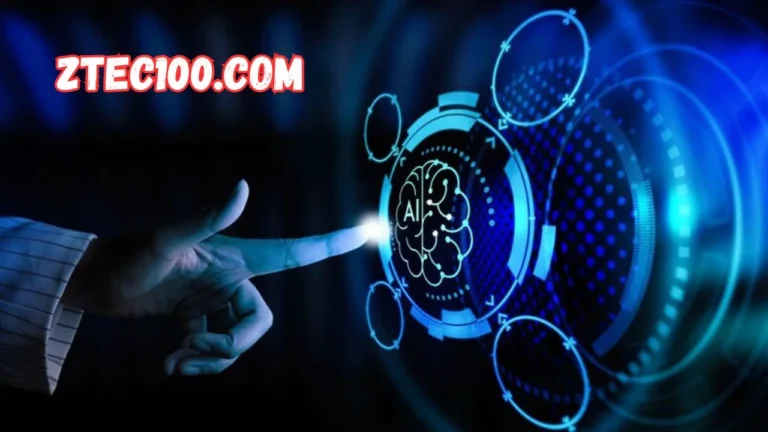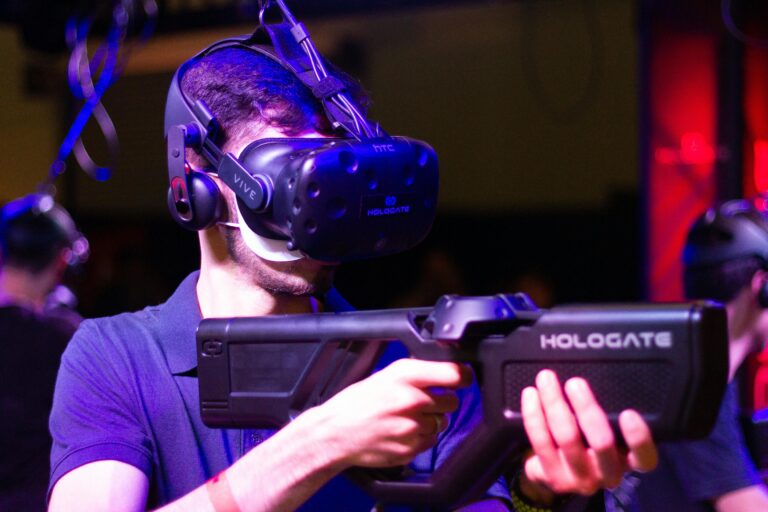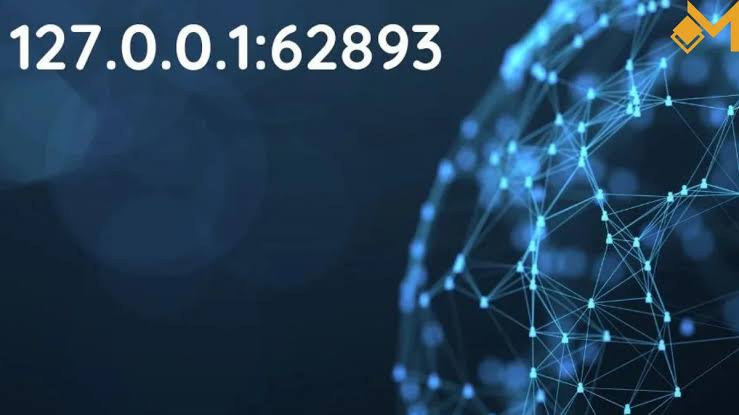Robots Dot to Dot Nattapong: A New Horizon in Puzzle Art

Introduction to Robots Dot to Dot Nattapong
In the ever-evolving world of puzzles, “Robots Dot to Dot Nattapong” stands out as a unique blend of technology and traditional dot to dot puzzles. This innovative approach not only enhances the educational value of puzzles but also brings a new level of creativity and interaction. By integrating robotics, Nattapong has redefined how we engage with dot to dot puzzles, making them more engaging and beneficial for learners of all ages. Robots Dot to Dot Nattapong: A New Horizon in Puzzle Art.
History and Evolution of Dot to Dot Puzzles
Dot to dot puzzles, also known as connect the dots, have a rich history that dates back centuries. Originally, these puzzles were simple exercises aimed at helping children develop their counting and fine motor skills. Over time, they evolved into more complex and artistic forms, incorporating various themes and images.
Technological advancements have further transformed dot to dot puzzles. From basic paper versions to sophisticated digital formats, the evolution of these puzzles reflects broader trends in educational tools and entertainment. The integration of robotics into dot to dot puzzles represents the latest innovation, offering unprecedented levels of interaction and complexity.
Who is Nattapong?
Nattapong is a visionary in the field of puzzle design, known for his creative and technological contributions to dot to dot puzzles. With a background in both art and technology, Nattapong has been able to merge these two fields seamlessly, creating puzzles that are not only fun but also educational. His work has garnered international recognition, and he continues to push the boundaries of what dot to dot puzzles can achieve. Robots Dot to Dot Nattapong: A New Horizon in Puzzle Art.
Understanding Dot to Dot Puzzles
At their core, dot to dot puzzles involve connecting numbered dots to reveal a hidden picture. These puzzles come in various forms, from simple images suitable for young children to intricate designs that challenge even the most experienced puzzlers. The educational benefits of dot to dot puzzles are well-documented, including the development of counting skills, hand-eye coordination, and concentration. Robots Dot to Dot Nattapong.
Integration of Robots in Dot to Dot Puzzles
The role of robotics in dot to dot puzzles is to enhance the interactive experience. Robots can assist in drawing perfect lines, ensure accuracy, and even introduce new elements like motion and sound. Technological enhancements in this field have made it possible to create more complex and engaging puzzles. For example, some robots can guide users through the puzzle, offering hints and feedback along the way.
Educational Value of Dot to Dot Puzzles
Dot to dot puzzles are more than just a fun activity; they are powerful educational tools. They help children develop fine motor skills, improve cognitive abilities, and enhance problem-solving skills. By requiring children to follow a sequence and make connections, these puzzles foster critical thinking and attention to detail. Moreover, the satisfaction of completing a puzzle can boost a child’s confidence and encourage a love for learning.
Creative Aspects of Dot to Dot Puzzles
Dot to dot puzzles offer a unique form of artistic expression. They allow artists and designers to create intricate and beautiful images using a simple concept. Modern innovations have expanded the creative possibilities of these puzzles, incorporating themes from popular culture, history, and nature. The creative aspect of dot to dot puzzles is not limited to their design; it also extends to how they are solved and enjoyed.
Robots and Creativity: An Unlikely Pair
The combination of robots and creativity might seem unusual at first, but it has proven to be a fruitful partnership. Robots can assist artists in creating more precise and complex designs, and they can also add interactive elements that enhance the creative process. Case studies have shown that robots can inspire new forms of art and creativity, leading to exciting possibilities for the future. Robots Dot to Dot Nattapong: A New Horizon in Puzzle Art.
Technological Tools Used in Creating Dot to Dot Puzzles
Creating modern dot to dot puzzles requires a range of technological tools. Software programs help designers create intricate patterns and ensure accuracy. Hardware tools, such as drawing tablets and robots, assist in the physical creation of puzzles. Robotics technology plays a significant role, enabling the creation of interactive and dynamic puzzles that traditional methods cannot achieve.
How Nattapong Revolutionized Dot to Dot Puzzles
Nattapong’s contributions to dot to dot puzzles are numerous and impactful. He introduced innovative techniques that blend traditional puzzle design with modern technology. His puzzles are known for their complexity, creativity, and educational value. By leveraging robotics, Nattapong has created puzzles that are not only engaging but also interactive, providing a unique learning experience for users. Robots Dot to Dot Nattapong.
Case Study: Nattapong’s Notable Projects
One of Nattapong’s most notable projects is his series of interactive dot to dot puzzles that incorporate robotics. These puzzles have been used in educational settings to enhance learning and engagement. Success stories from schools and educational programs highlight the positive impact of Nattapong’s work. Users have reported improved cognitive skills and a greater interest in learning, thanks to the innovative approach of these puzzles.
The Future of Dot to Dot Puzzles with Robots
The future of dot to dot puzzles is bright, with many exciting possibilities on the horizon. Emerging trends suggest that puzzles will become even more interactive and technologically advanced. Potential challenges include ensuring accessibility and affordability, but the benefits of these innovations are likely to outweigh the difficulties. As technology continues to advance, the integration of robotics in dot to dot puzzles will likely become more sophisticated, offering new ways to learn and create. Robots Dot to Dot Nattapong.
How to Get Started with Dot to Dot Puzzles
Getting started with dot to dot puzzles is easy and fun. Begin with simple puzzles to understand the basics. All you need is a printed puzzle or a digital version on a tablet or computer. Follow the numbers in sequence to reveal the hidden image. For beginners, it’s helpful to start with easy puzzles and gradually move to more complex ones as skills improve.
Advanced Techniques in Dot to Dot Puzzles
For those looking to take their dot to dot puzzles to the next level, advanced techniques can add a new layer of challenge and creativity. This includes creating your own puzzles, experimenting with different patterns, and using technology to enhance the experience. Incorporating robotics can make the process more interactive and precise, providing a unique challenge for experienced puzzlers. Robots Dot to Dot Nattapong.
Interactive Dot to Dot Puzzles
The advent of digital platforms has made interactive dot to dot puzzles widely accessible. Online platforms and apps offer a variety of puzzles that can be solved on tablets and computers. These digital puzzles often include features like hints, timers, and interactive feedback, making the experience more engaging and educational.
Educational Programs and Workshops
Many educational programs and workshops focus on dot to dot puzzles, offering both children and adults opportunities to learn and create. These programs often include hands-on activities, expert guidance, and the chance to explore the educational benefits of puzzles. DIY projects and expert-led workshops provide valuable resources for anyone interested in dot to dot puzzles.
Building Your Own Dot to Dot Puzzles
Creating your own dot to dot puzzles can be a rewarding and creative endeavor. Start with a simple image and plot the key points. Use software to number the dots and create a sequence. Tools like drawing tablets and design software can help in creating more complex and precise puzzles. Creative ideas can come from anywhere, including nature, art, and personal interests.
The Global Community of Dot to Dot Enthusiasts
The dot to dot puzzle community is vibrant and diverse, with enthusiasts from around the world sharing their creations and ideas. Online forums, social media groups, and events provide platforms for puzzle lovers to connect and collaborate. This global community is a source of inspiration and support for anyone interested in dot to dot puzzles. Robots Dot to Dot Nattapong.
Frequently Asked Questions
What are dot to dot puzzles?
Dot to dot puzzles are activities where numbered dots are connected in sequence to reveal a hidden picture. They are used for educational purposes and as a fun activity.
Who is Nattapong?
Nattapong is a renowned puzzle designer known for integrating robotics into dot to dot puzzles, revolutionizing the field with his innovative approach.
How do robots enhance dot to dot puzzles?
Robots add precision, interactivity, and complexity to dot to dot puzzles, making them more engaging and educational.
What are the educational benefits of dot to dot puzzles?
Dot to dot puzzles help develop fine motor skills, cognitive abilities, and problem-solving skills. They also improve concentration and attention to detail.
How can I start with dot to dot puzzles?
Begin with simple puzzles to understand the basics, and gradually move to more complex ones. Use printed puzzles or digital versions on tablets or computers.
What tools do I need to create my own dot to dot puzzles?
You can start with basic drawing tools or use software and drawing tablets for more complex designs.
Conclusion
Robots Dot to Dot Nattapong represents a fascinating intersection of technology, art, and education. By integrating robotics with traditional puzzles, Nattapong has created a unique and engaging way to develop cognitive skills and foster creativity. As technology continues to evolve, the potential for dot to dot puzzles will only grow, offering exciting new opportunities for learning and artistic expression.






